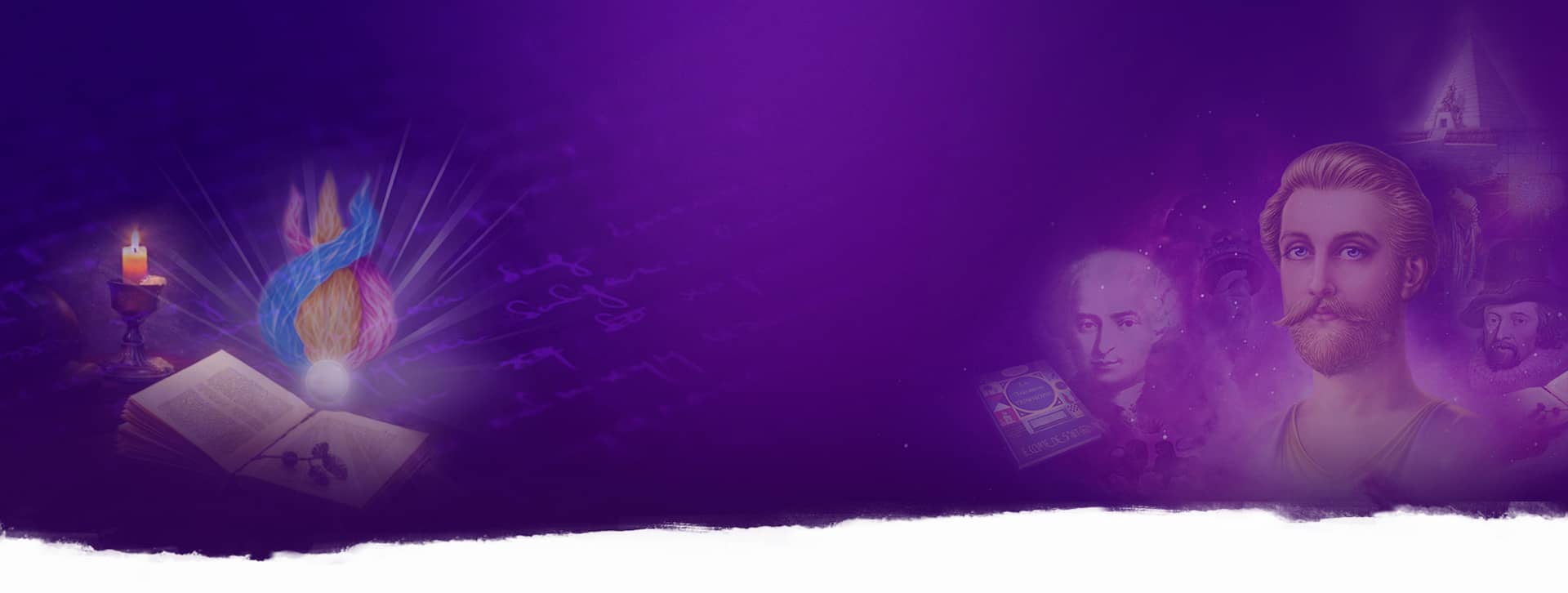“Fallen Angels Among Us – What You Need to Know” by Elizabeth Clare Prophet
Buy the book: Fallen Angels Among Us – What You Need to Know. Also available as an eBook for Kindle, NOOK book, and at Apple ebooks on iTunes.
Fallen Angels Among Us – What You Need to Know is Elizabeth Clare Prophet’s long-awaited sequel to her popular bestseller Fallen Angels and the Origins of Evil: Why Church Fathers Suppressed the Book of Enoch and Its Startling Revelations.
Since 1958: Teachings of the Ascended Masters through
the Messengers Mark L. and Elizabeth Clare Prophet and The Summit Lighthouse.
Visit the YouTube channel for the Summit Lighthouse
Below is the transcript of this YouTube video:
I think we are all in love with Enoch, as Enoch is the lover of our souls, as he has been so concerned for the plight of our souls on this earth. And so, it is we who cherish him and love him so much that desire to publish his works.
But to publish his works is not enough. We must seal in the book of the publication the sword of defense, for Enoch has been maligned and denounced. And Origen, who defended him, was made anathema—him and his doctrine.
And so, you see, we must interpret the Word of Enoch. We must give understanding to its pages so that it does not appear as a book of mythology and galactic wars, but as a reality of the present hour containing the great mysteries cherished by Jesus Christ, the Essenes, the disciples, and, most of all, beloved John. Even the Book of Revelation, itself, is very close to the teachings of Enoch.
So we discover that an almost superhuman battle has been waged to suppress this book. It has been denounced, maligned, banned, edited, miscopied or misquoted, no doubt burned and shredded.
And last but not least, lost for a thousand years, not to surface until an eighteenth-century explorer trekked through distant Ethiopia in search of a rumored copy.
Until that day, all but a few sentences from the Book of Enoch, hinting at some mysterious tale of an unearthly origin of evil, had been lost to the eyes of men.
What in this book's content merited such scorn? What theme so infuriated the Christian theologians who banned its content as heresy? What caused a Jewish rabbi to pronounce a curse upon those who believed the Book of Enoch?
It is a long and intricate saga, but most deserving of our attentive ear.
Fifteen hundred years have brought to light, today, not only the Book of Enoch itself, but also the first glimmers of the conclusive evidence that will clearly expose the great error of judgment cast against the Book of Enoch by the authorities in church and temple.
After many long centuries of obscurity, the Book of Enoch was brought to light two centuries ago by Scottish explorer James Bruce.
The book had been preserved in the Ethiopic Church, which had accorded it canonical status and respectfully placed it either at the beginning of the Ethiopic Bible or beside the books of Job, Daniel, or Solomon.
Bruce brought three Ethiopic copies of the Book of Enoch back to Europe, one of which went to Oxford's Bodleian Library. The Bodleian copy was, some fifty years later, fully translated into English by Dr. Richard Laurence, a professor of Hebrew at Oxford.
Subsequent translations and editions of the Book of Enoch, based upon several additional manuscripts of the book which also surfaced in the nineteenth century, have helped familiarize the world with this long-forgotten work of the Judaic tradition.
The earliest Ethiopic copy was apparently made from a Greek manuscript of the Book of Enoch, which was itself also a copy of an earlier text. The original was apparently written in a Semitic language, now thought to be Aramaic.
The twentieth-century discovery of several Aramaic fragments of the Book of Enoch among the Dead Sea Scrolls at Qumran seems to corroborate this theory, although it is not impossible that future archaeologists will unearth its prototype written in some earlier language.
Scholars have agreed that the book is pre-Christian. For the most part, they have dated the composition of the Book of Enoch to the second century B.C.—that is, contemporary with the Essene spiritual community at Qumran, whose members are considered by some to have authored the book.
It has largely been the opinion of historians that the book does not really contain the authentic words of the ancient biblical patriarch Enoch, since he would have lived (according to the chronologies in the book of Genesis) several thousand years earlier than the first known appearance of the book attributed to him.
But, of course, the contemporary historians' knowledge of Judaic scriptural history is by no means complete.
As time progresses, new discoveries may help clarify the picture painted by the rabbinical tradition in the Zohar, which claims Enoch’s writings to have been passed faithfully from generation to generation.
The notion of divine inspiration among the Essenes or others, writing in communion with the spirit of the great patriarch himself, also merits consideration in determining the book's spiritual validity.

